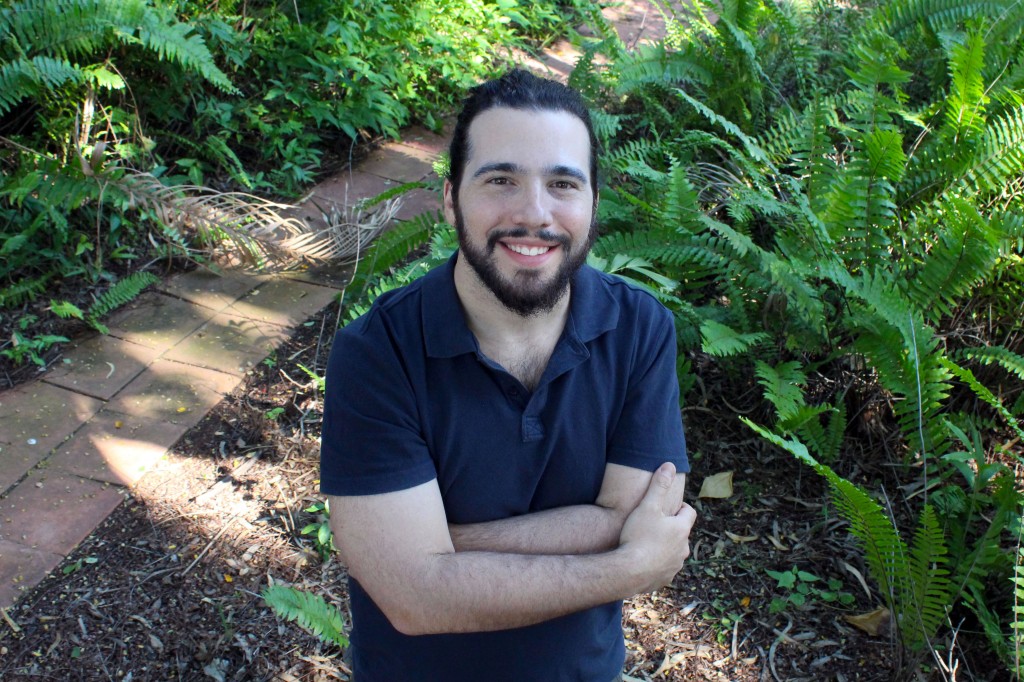
Revealing the changing risks of self-representation in Aboriginal communities of the North West through digital media is the subject of PhD research by William Lempert through The University of Notre Dame Australia’s Nulungu Research Institute.
Sponsored through the Australian-US Fulbright Research Scholar Program and the Wenner-Gren Foundation, William has been located on Notre Dame’s Broome Campus since the beginning of 2014 where he has been developing his research through field trips and hands-on work.
In his 14 months of PhD-related fieldwork thus far, William has assisted in 30 video productions across the Kimberley; participated in three extended remote media projects, including a two-week trip into the Great Sandy Desert; and attended two National Remote Indigenous Media Festivals in Aboriginal communities.
“While Aboriginal Australians might appear to some to exist in marginal spaces, they are iconic in the global imagination,” William said.
“Not simply producing media for themselves, they are increasingly making global claims on national stages that allow for the coexistence of diverse and non-hierarchical visions of indigeneity. Aboriginal video provides a visceral medium for communicating the palpable joys around tradition, land and family that typify community life.”
William is completing his PhD in cultural anthropology at the University of Colorado at Boulder, USA. His topic is titled Broadcasting Indigeneity: The Social Life of Aboriginal Media’ and is an 18-month ethnography of two Indigenous media organisations in Broome – Goolarri Media and Pilbara and Kimberley Aboriginal Media (PAKAM).
The study seeks to investigate how producers at different Aboriginal media organisations create videos whilst negotiating competing pressures of cultural sensitivity and financial sustainability, and what these media processes reveal about self-representation and success in Aboriginal activism.
His project follows the lifecycles of video projects from initial idea through circulation. With this approach, William hopes to highlight crucial representational debates about Aboriginality embedded in daily media practices, as well as challenge enduring academic and public divisions between traditional and modern, and urban and remote, Aboriginal Australia.
“By working collaboratively on production teams, I seek to articulate current tensions and paradoxes of contemporary Aboriginality embedded within the practices of diverse video projects,” William said.
“Namely, to what ends do they endeavour to make videos that are at once locally relevant, culturally appropriate, politically salient, financially viable and appealing to a diverse audience.
“With high levels of media productivity and success in Aboriginal activism, Broome and the surrounding Aboriginal communities provide an ideal setting for understanding how Indigenous media makers come to broadcast different visions of Aboriginality.”
This research builds on three previous pilot studies William conducted in 2006, 2012 and 2013, totalling five months of volunteering in various roles of media production with Goolarri and PAKAM.
Recently, PAKAM received the NITV Spirit Award for a short film that William made with the Kapululangu Women’s Law and Culture Centre in Balgo. The award is for $30,000 to extend Marumpu Wangka: Kukatja Hand Talk into a half-hour production for NITV.